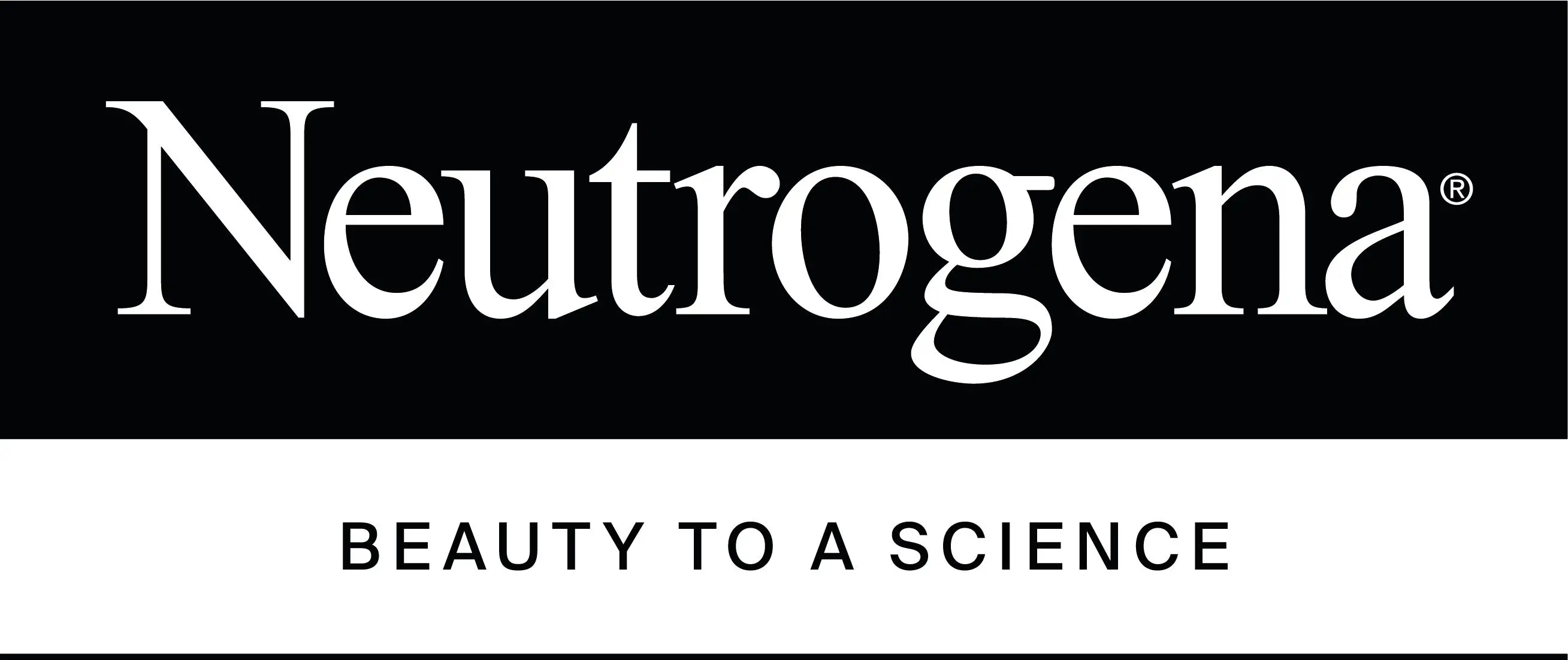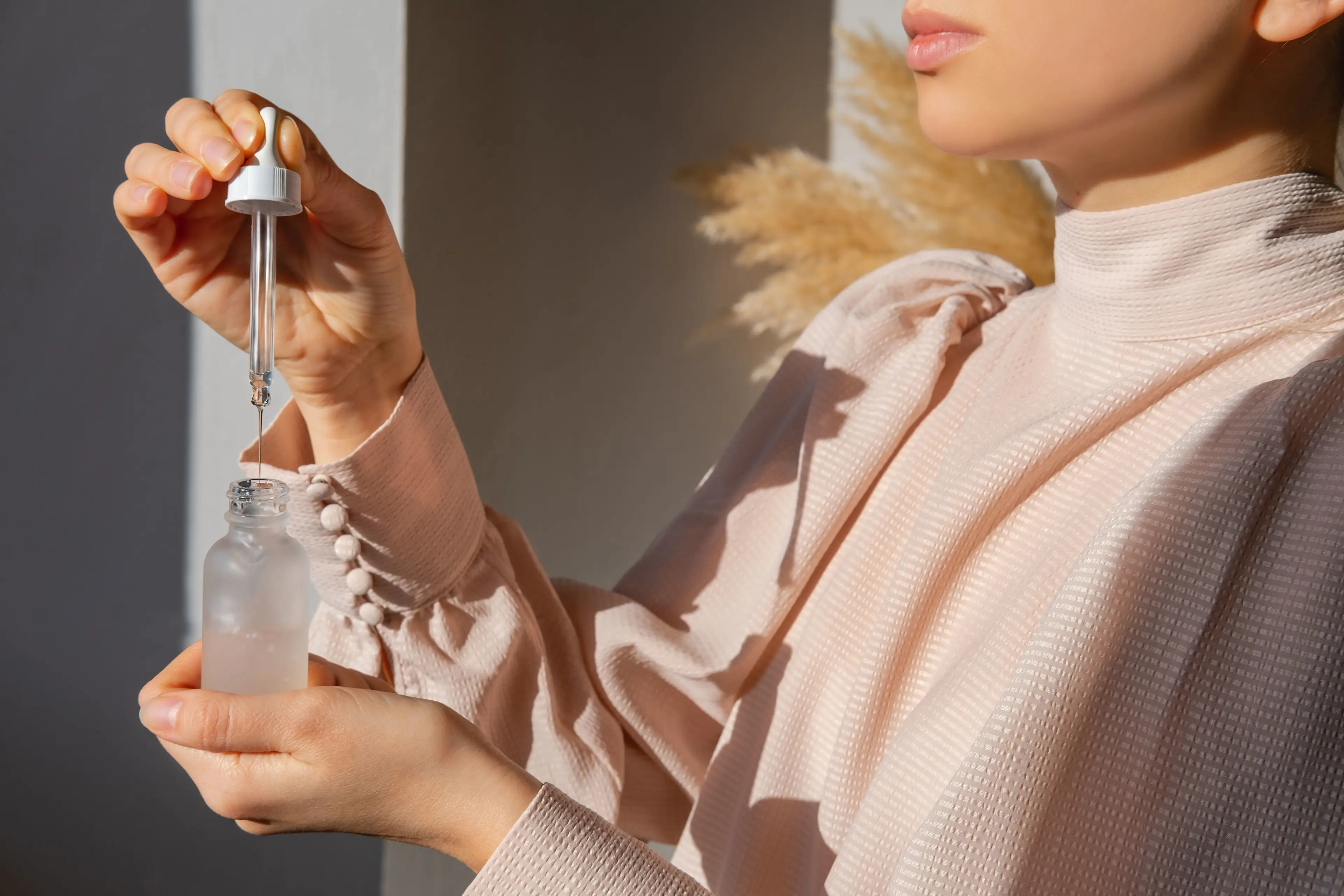A ton of skin care products on the market claim to improve the texture of the skin, treat acne, increase collagen, and reduce fine lines and wrinkles. Many of them also work wonders. This is so because they include an active component known as retinoids.
However, only some retinoids are the same. Retinoids come in a variety of forms, such as retinol and tretinoin. Among the most widely used active ingredients in skin care products are retinol and tretinoin. You can choose the best skin care product by understanding what each can and cannot do for your skin.
Although both retinol and tretinoin are generated from vitamin A, they differ significantly in terms of their functions.
What is Retinol?
Skin creams, lotions, and serums often include retinol, a type of vitamin A. It can aid in acne clearing and has anti-aging properties. Retinol promotes the generation of skin cells (proliferation). It aids in pore cleaning. Moreover, retinol exfoliates your skin and boosts collagen synthesis, which can lessen the visibility of wrinkles and fine lines and give your skin a younger, plumper appearance.
The protective outer layer of skin is formed by retinols, which promote faster cell division in skin cells. The collagen and elastic fibers that give your skin lift and bounce naturally fade as we get older. As a result, we develop wrinkles, sun spots, and other sorts of apparent skin damage because our skin becomes more fragile and thinner. Retinols have numerous benefits that reduce these problems. Through enhanced cell proliferation, they thicken the outer layer of our skin. Your skin produces more of the organic compounds that keep it hydrated and supple as a result. They promote collagen synthesis and prevent collagen from being broken down. Additionally, they stop a number of inflammatory processes that aggravate pimples and acne.
Also, read to know more on the benefits of Retinol, here.
What is Tretinoin?
Tretinoin is frequently used to treat sun-damaged and acne-prone skin. It is available as a cream or gel that is used topically. Tretinoin is offered for sale either by itself or in combination with other non-medical components.
Tretinoin is excellent for treating fine wrinkles and dark spots caused by enduring sun damage. This causes it to act as a modest skin lightening agent that targets dark patches, which can help level the texture of skin. It is frequently given for hyperpigmentation because of this.
Also, read to know more on How to get rid of Hyperpigmentation (Dark Spots), here.
Similar to many other topical treatments and creams with an acid base, tretinoin acts to encourage cell development by first causing skin irritation. Although it may seem contradictory, the irritation process actually activates the skin's normal cell development process, pushing it into overdrive. Faster cell turnover results from this, exposing a new, healthy layer of skin.
What is the difference between retinol and tretinoin?
There are several key distinctions between tretinoin and retinol that you should be aware of even though both might assist you in achieving the aim of healthy, clear skin. However, higher use of tretinoin application could lead to chances of side effects on the skin.
Before you begin to experience the advantages of retinol, it must first work to transform into retinoic acid. As a result, it takes longer to see the effects, which are typically less abrasive to the skin than those of tretinoin.
So, retinol is significantly easier to obtain and works well for the intended use. Because it is less harsh and irritating than tretinoin, some persons with sensitive skin might prefer retinol.
Retinol has been considered effective as it thickens the epidermis, promotes the formation of elastin and collagen, and reduces cellular breakdown, Check out our newly formulated Neutrogena Retinol-based products, such as Neutrogena Retinol Boost Serum , Neutrogena Retinol Eye Cream , Neutrogena Retinol Boost Night Cream & Neutrogena Retinol Boost Day Cream SPF15 which helps with Anti-Ageing Cream, Fights Wrinkles Dryness and Age Spots, With Retinol and Hyaluronic acid, attenuate the signs of aging and lessen the appearance of fine lines, blemishes, and acne.
Why Use Neutrogena Retinol Boost Products?
Neutrogena Retinol Boost Products help with:
It has anti-aging properties, reducing the appearance of wrinkles, dryness, and age spots while battling the telltale indications of aging.
improves skin while enhancing skin hydration, firmness, and radiance,
has a lightweight formula that is quickly absorbed into the skin and has a nongreasy finish,
has strong ingredients, including high concentrations of pure retinol, Myrthus plant extract, and hyaluronic acid for better skin, and
has proven results in just one week!
To conclude, it is time to enjoy retinol's potent advantages while minimizing unwanted effects! Include Neutrogena’s Retinol Boost Night Cream is your night regimen now.

